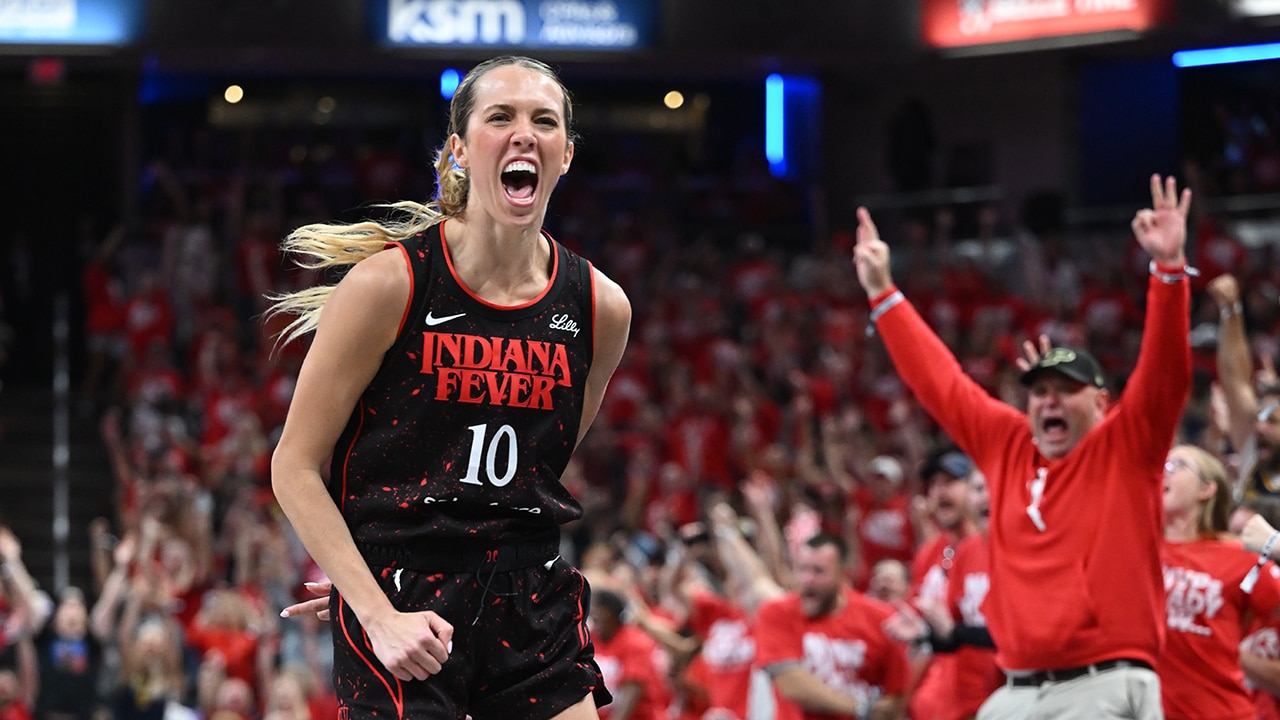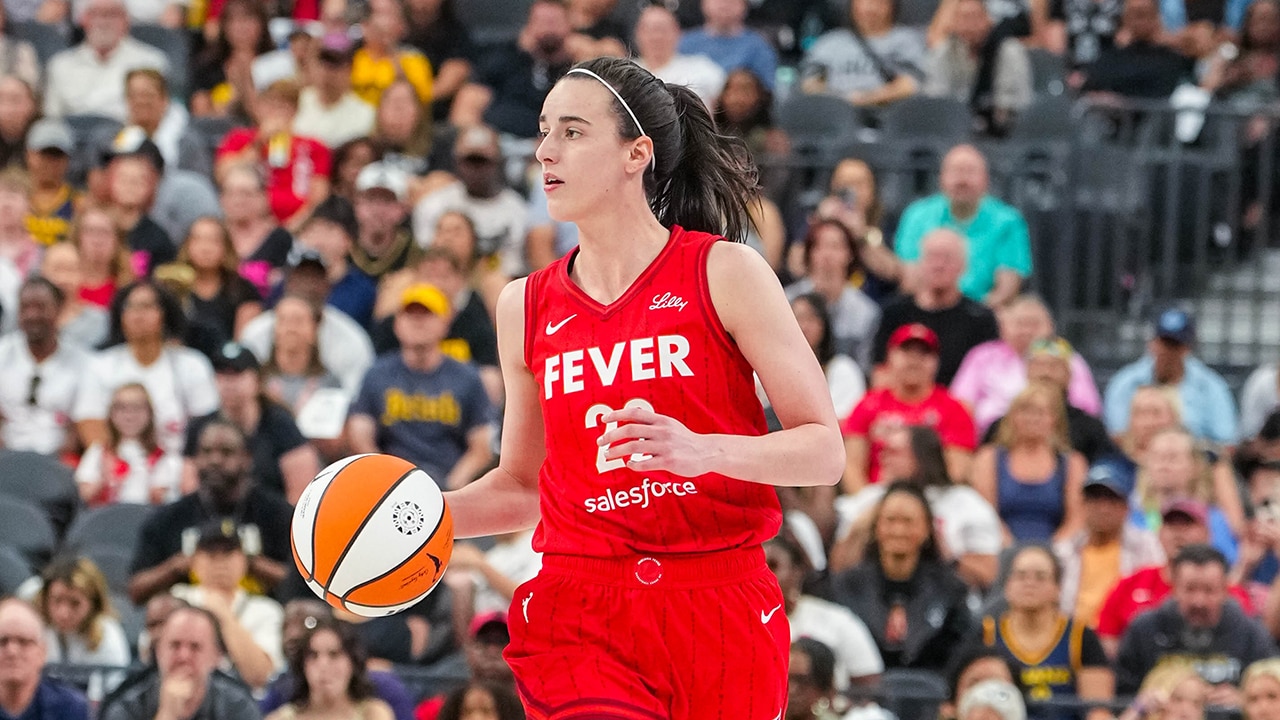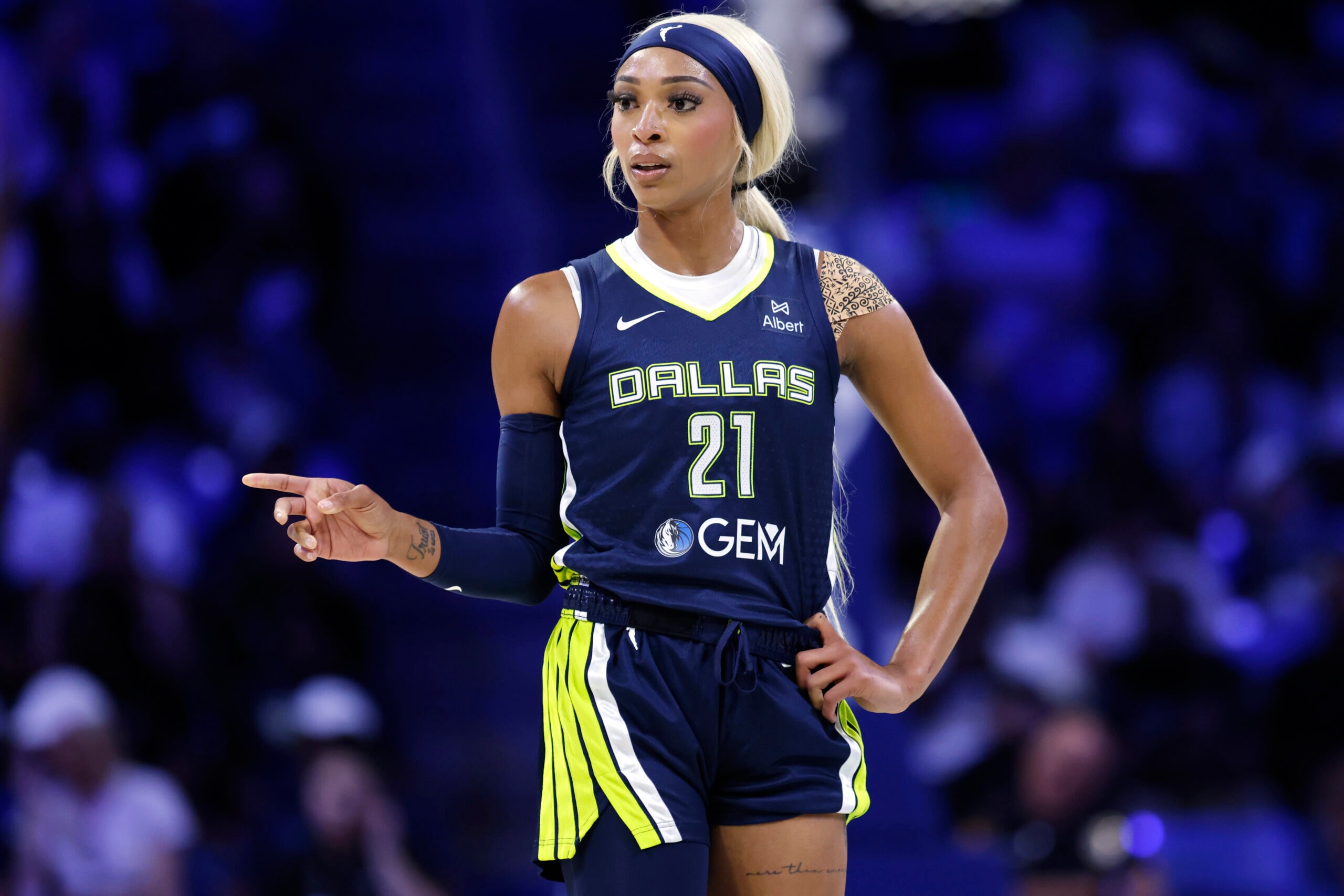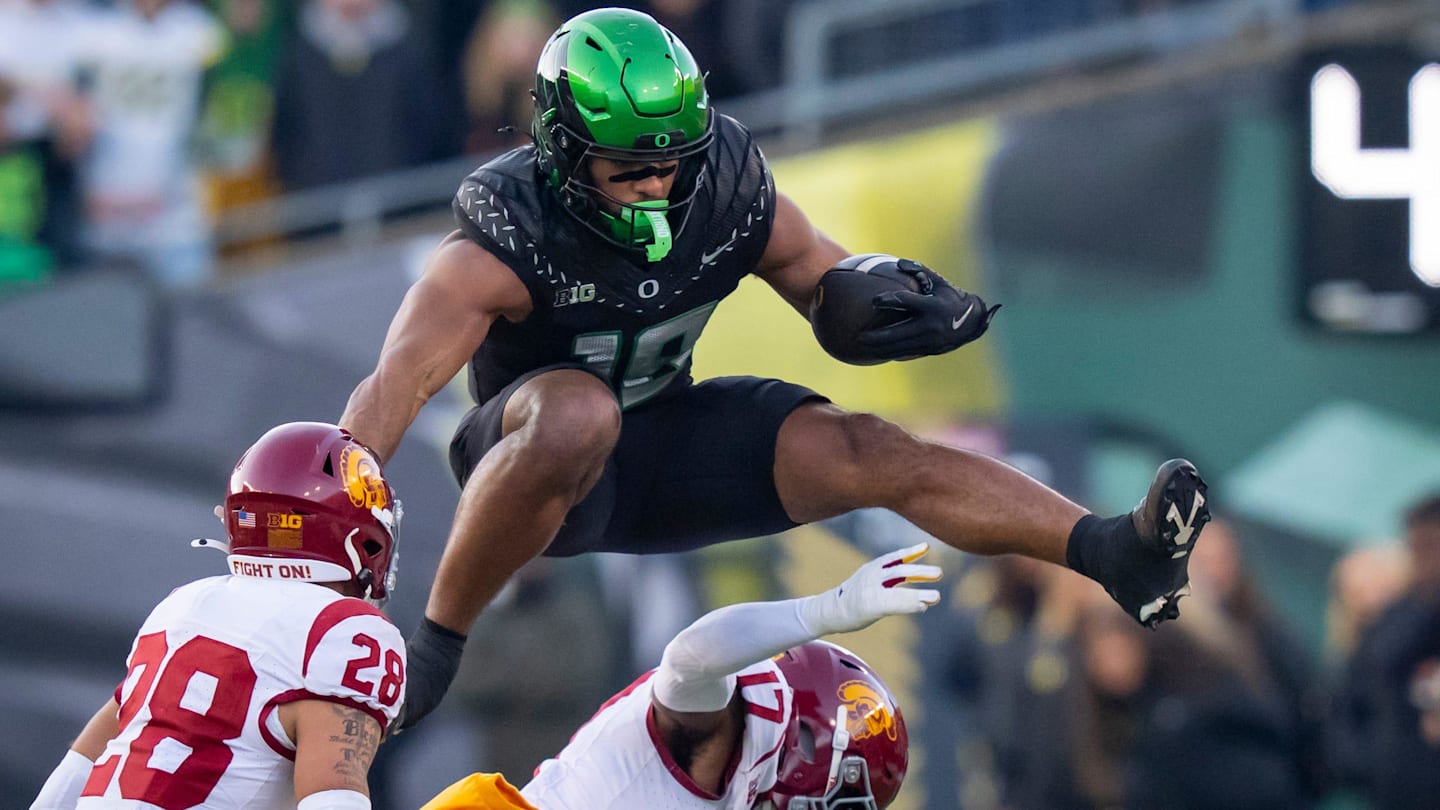Chelsea Gray Shines as Las Vegas Aces Secure WNBA Finals in OT Thriller
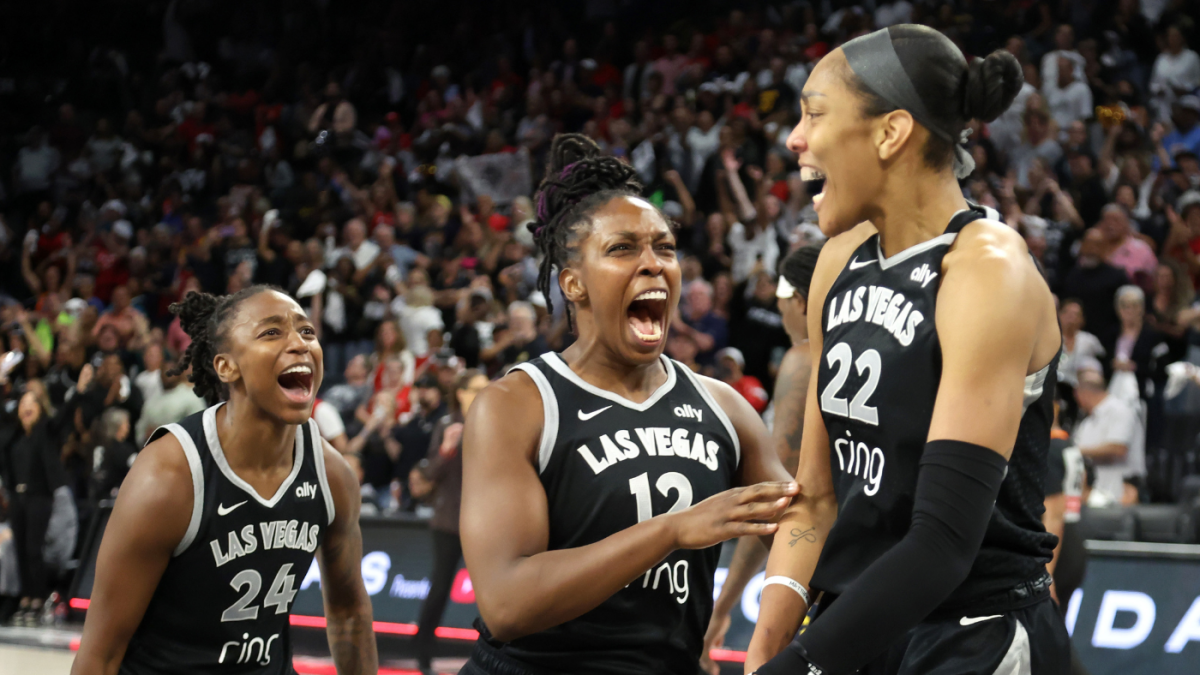
Introduction
The Las Vegas Aces have secured their place in the WNBA Finals for the third time in four years, thanks to a thrilling Game 5 victory against the Indiana Fever. Chelsea Gray's overtime heroics were pivotal in securing the 107-98 win.
Key Details
Gray's performance was emblematic of her "Point Gawd" nickname, as she consistently delivered under pressure. Her ability to make clutch shots and orchestrate the offense was crucial in outlasting the Fever. The Aces' resilience and teamwork were on full display as they overcame a determined opponent.
Impact
This win not only showcases the Aces' strength but also highlights Chelsea Gray's leadership and skill. Her contributions will be key as the Aces head into the WNBA Finals, aiming to build on their recent success. The team's depth and experience will be tested, but with Gray at the helm, they are well-positioned for another championship run.
About the Organizations Mentioned
Las_Vegas Aces
The **Las Vegas Aces** are a professional women's basketball team competing in the Western Conference of the WNBA. Established in 1997 as the Utah Starzz, the franchise relocated to San Antonio in 2003, becoming the Silver Stars and later the Stars, before moving to Las Vegas in 2018 and rebranding as the Aces. The team plays home games at the Michelob Ultra Arena in Paradise, Nevada, near Las Vegas, notably standing out as one of the few WNBA teams without an NBA counterpart in the same city[3][4]. Owned since 2021 by Mark Davis, who also owns the NFL's Las Vegas Raiders, the Aces have benefited from strong organizational support, including plans for a dedicated training facility near the Raiders' complex[3]. The team’s rise to prominence accelerated after the move, reaching the WNBA Finals multiple times and securing their first championship in 2022. They have since won three WNBA titles (2022, 2023, and 2025), establishing themselves as a powerhouse in women's basketball[4]. Key players like star center A’ja Wilson, known for her scoring, rebounding, and defensive prowess, have been instrumental in the Aces’ success. Wilson led the team in points (26.8 per game), rebounds (10.0), and blocks (2.5) in the 2025 season, while guard Chelsea Gray contributed significantly in assists (7.2 per game) and steals (2.2)[2]. The Aces are known for their strong team dynamics and competitiveness, reflected in their impressive 2025 regular-season record of 30-14, placing second in their conference[1][2]. The Las Vegas Aces represent a blend of sports innovation and strategic business growth in women's professional basketball, leveraging high-profile ownership, strong player talent, and state-of-the-art facilities to cement their status in the WNBA and broader sports market[
Indiana Fever
The **Indiana Fever** is a professional women’s basketball team based in Indianapolis, Indiana, competing in the Eastern Conference of the Women's National Basketball Association (WNBA). Founded in 2000 as an expansion team, the Fever is affiliated with the NBA's Indiana Pacers and plays home games at Gainbridge Fieldhouse under the ownership of Herb Simon[1][2]. The team’s early years were challenging, posting a poor 9–23 record in their inaugural season. However, the Fever built a strong foundation by drafting star forward **Tamika Catchings** in 2001, who became the franchise’s cornerstone despite missing her rookie season due to injury[1]. Catchings led the team to its first playoff appearance in 2002 and became one of the greatest players in WNBA history, earning multiple MVP awards and Olympic gold medals during her career with the Fever[2]. From 2005 to 2016, the Fever enjoyed a period of sustained success, making the playoffs 12 consecutive seasons. Under head coach Lin Dunn starting in 2008, they reached the WNBA Finals in 2009 and 2012, winning their first and only WNBA championship in 2012 by defeating the Minnesota Lynx. Catchings was named Finals MVP for her outstanding performance throughout the series[1][2]. Since 2017, the Fever have undergone a rebuilding phase, struggling to maintain their earlier competitiveness. However, recent seasons show signs of resurgence. In 2024, the Fever made the playoffs for the first time since 2016, finishing with a 20-20 record. The 2025 season marks their 26th in the league, led by head coach Stephanie White, with a solid 24-20 record and a 3rd place finish in the Eastern Conference[3][4]. Notably, the Fever set a WNBA record for highest resale ticket prices for a preseason game in 2025, reflecting growing fan interest and commercial success
WNBA
The **Women's National Basketball Association (WNBA)** is the premier professional women's basketball league in the United States, established in April 1996 by the NBA and beginning play in 1997. It was created to capitalize on the rising popularity of women's basketball, especially after the U.S. women's basketball team's success at the 1996 Summer Olympics[1][6]. Starting with eight teams, the league expanded to twelve teams by the late 1990s and remains the longest-running professional women's basketball league in the U.S.[1]. The WNBA has played a critical role in elevating women's professional sports and increasing visibility for female athletes. Early on, the league showcased star players like Cynthia Cooper, Sheryl Swoopes, and Tina Thompson, who led the Houston Comets to four consecutive championships from 1997 to 2000, establishing the league's first dynasty and helping to build credibility and fan interest[2]. Cooper, a four-time WNBA Finals MVP, became one of the most influential figures in women's basketball history. Despite notable achievements, the WNBA has faced persistent challenges such as financial struggles, salary disparities compared to male athletes, and competition from other leagues. Many top players supplement their income by playing overseas during the WNBA off-season[1]. The establishment of a players’ union in 1999 was a significant milestone, empowering players to advocate for better conditions and salaries[1]. Currently, the WNBA continues to grow in popularity and influence, attracting media coverage and expanding fan engagement through broadcasts and digital platforms[4][5]. It serves as a vital platform for women’s sports, inspiring young athletes and contributing to the broader conversation on gender equity in professional sports. The league’s resilience and ongoing development highlight its importance in the sports and business landscape[1][2].


